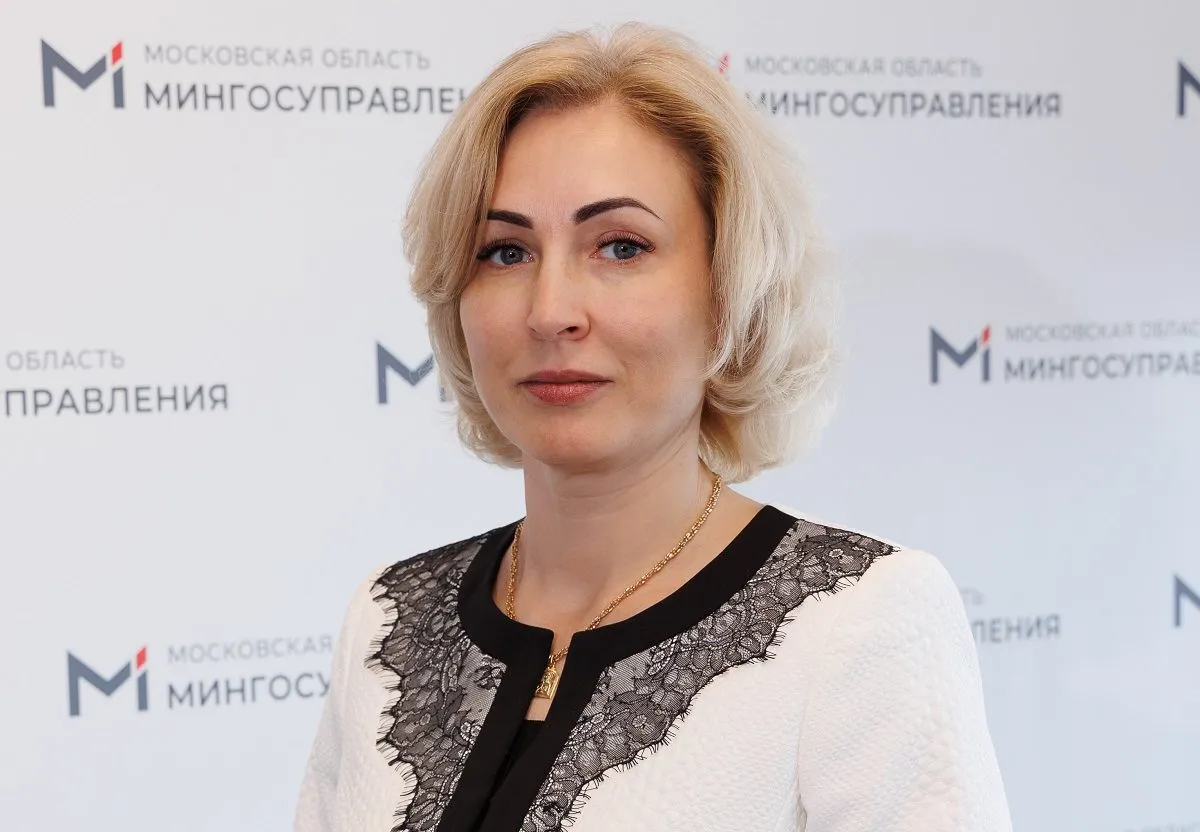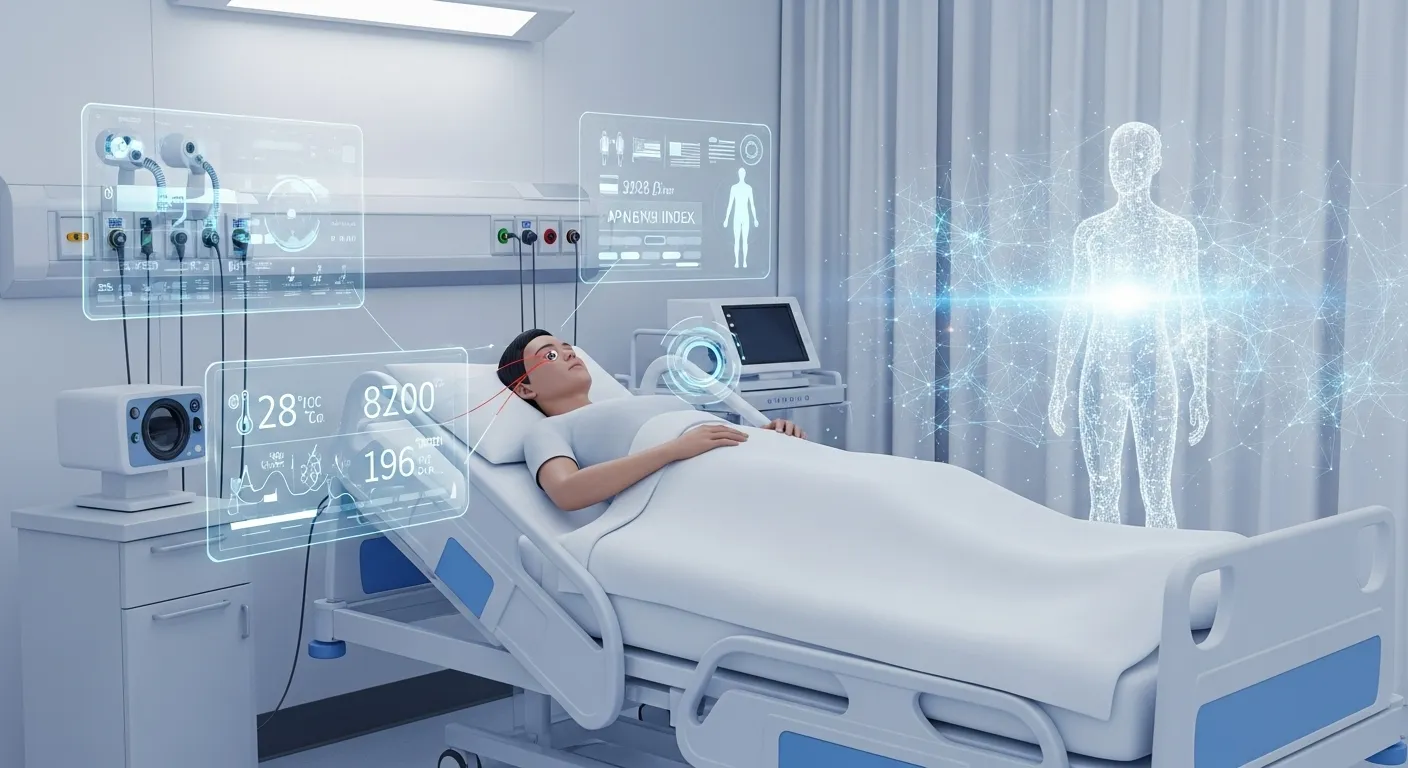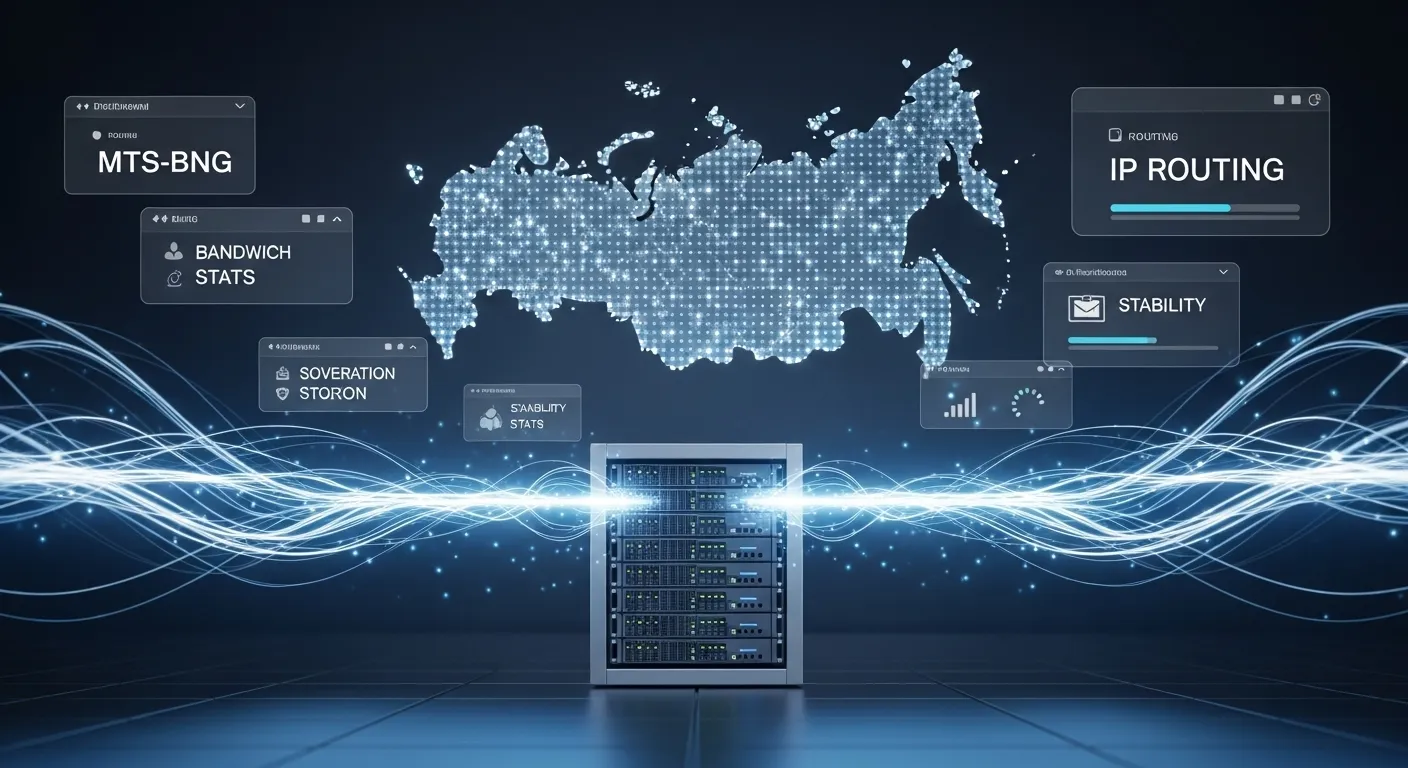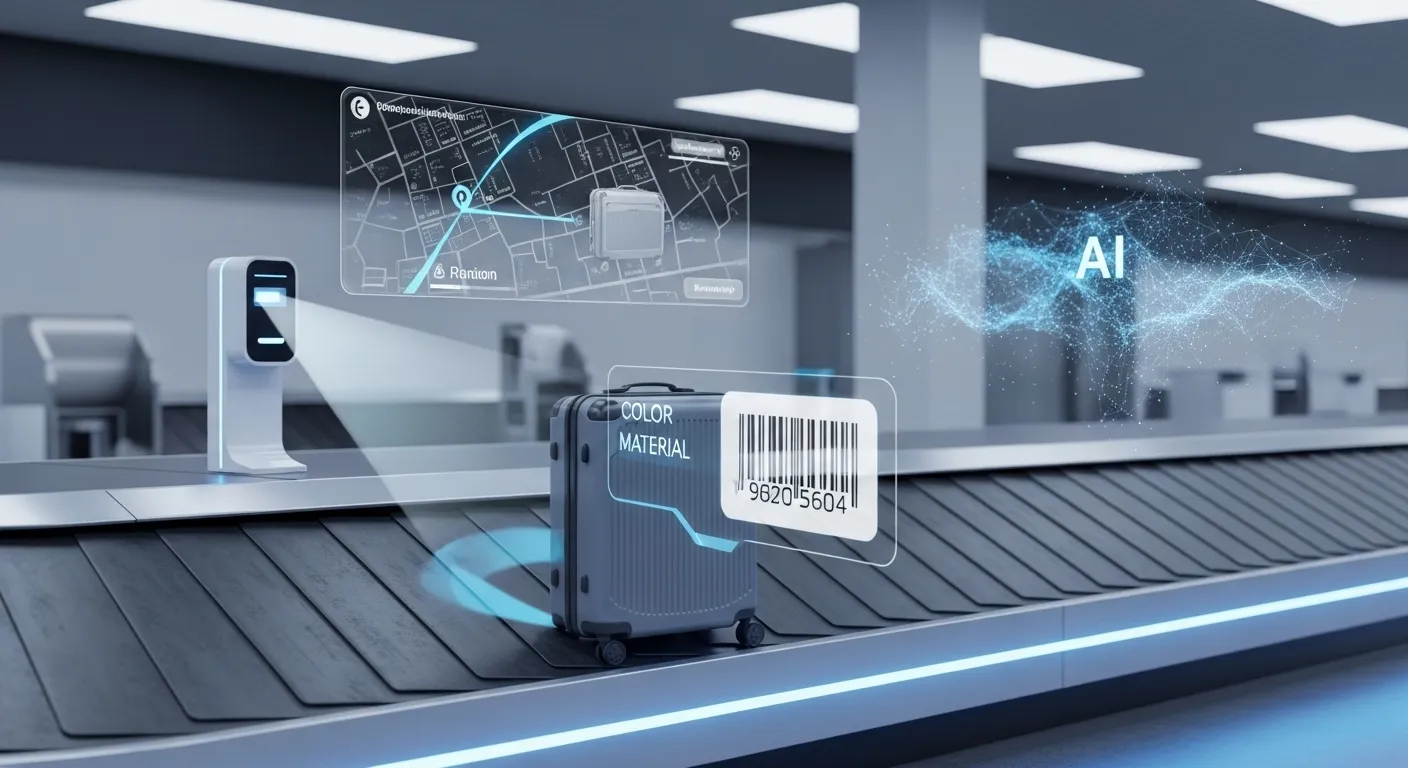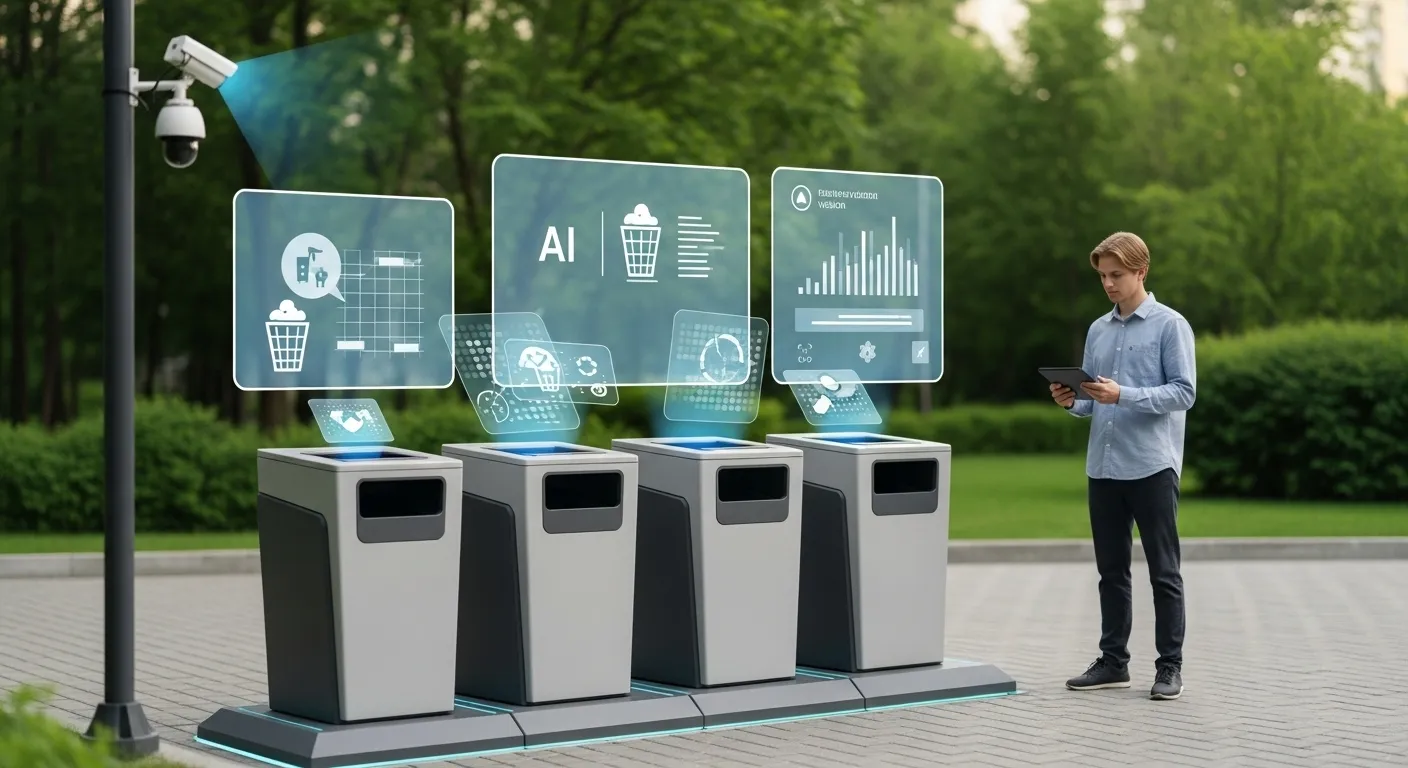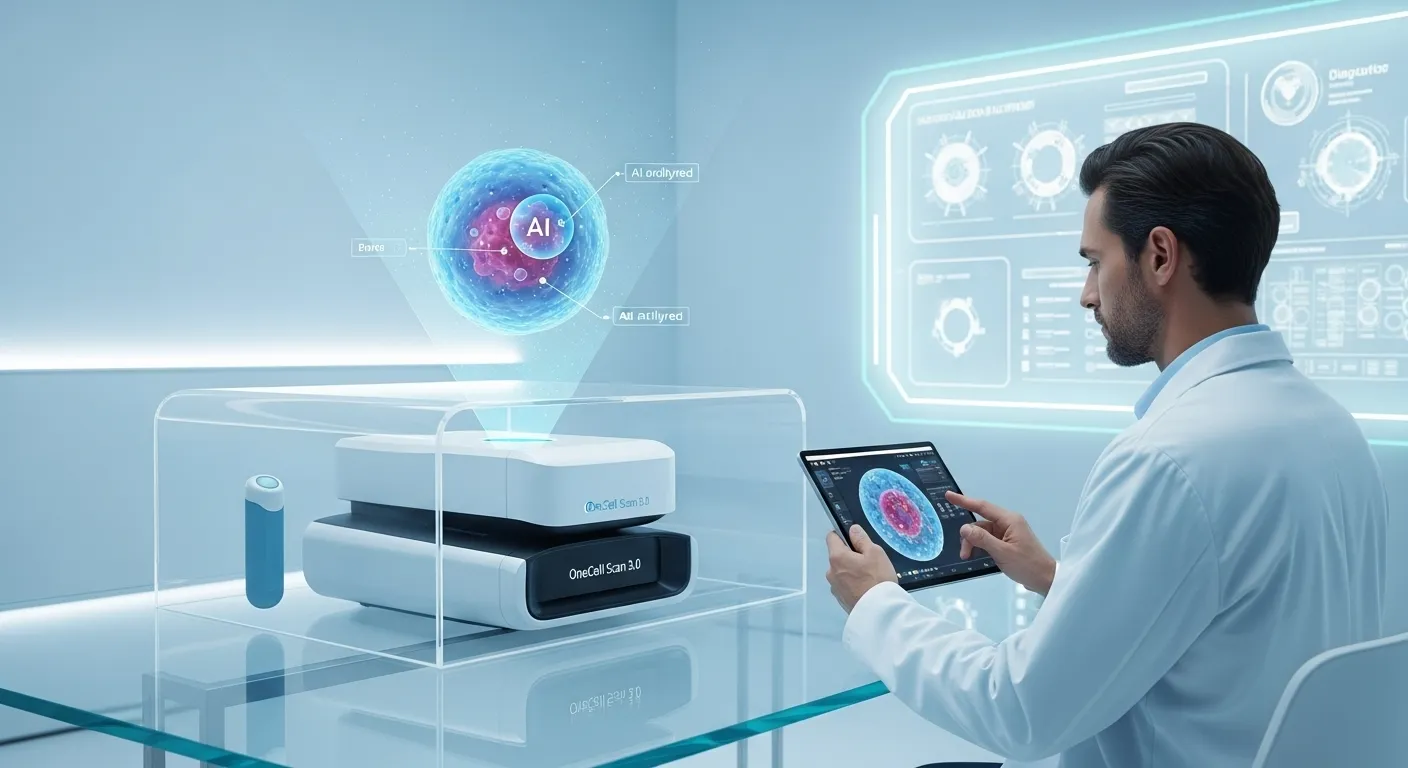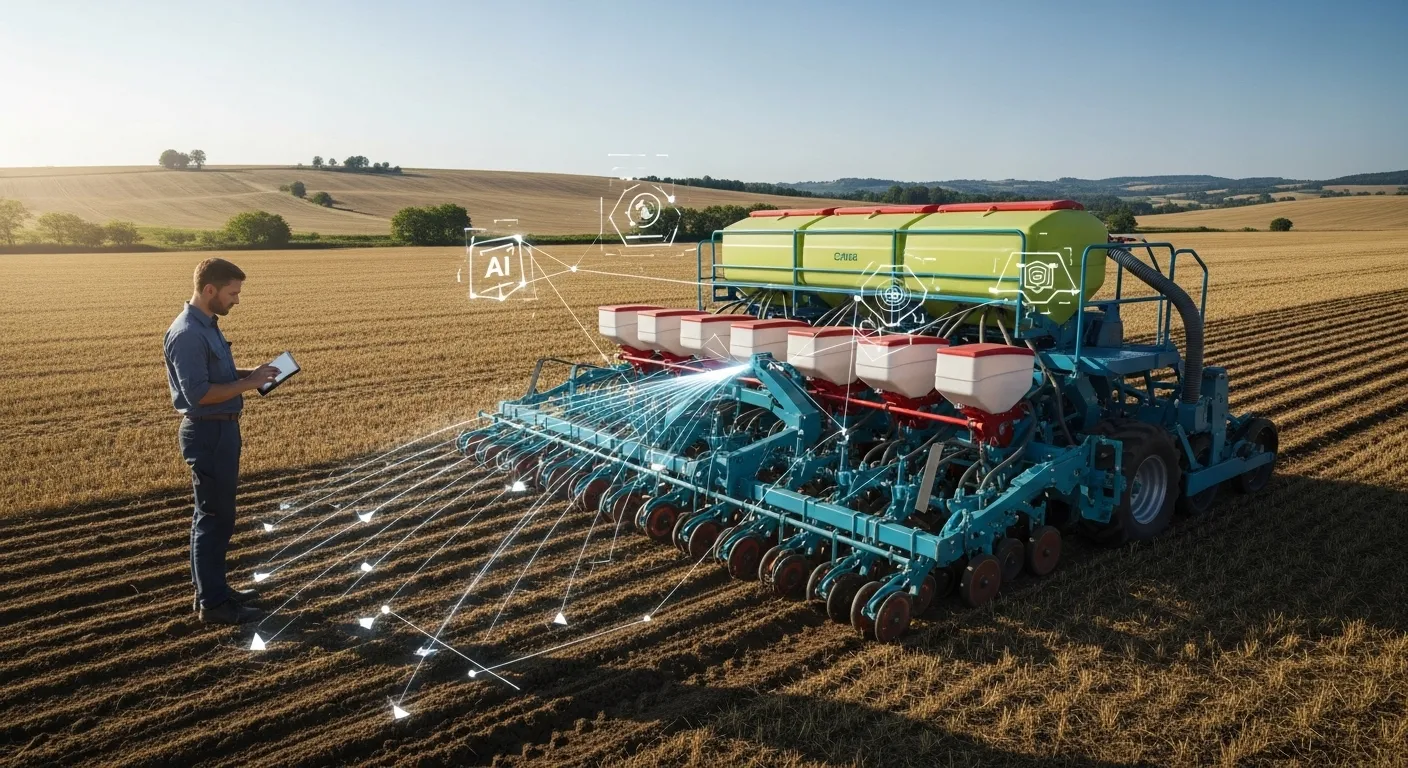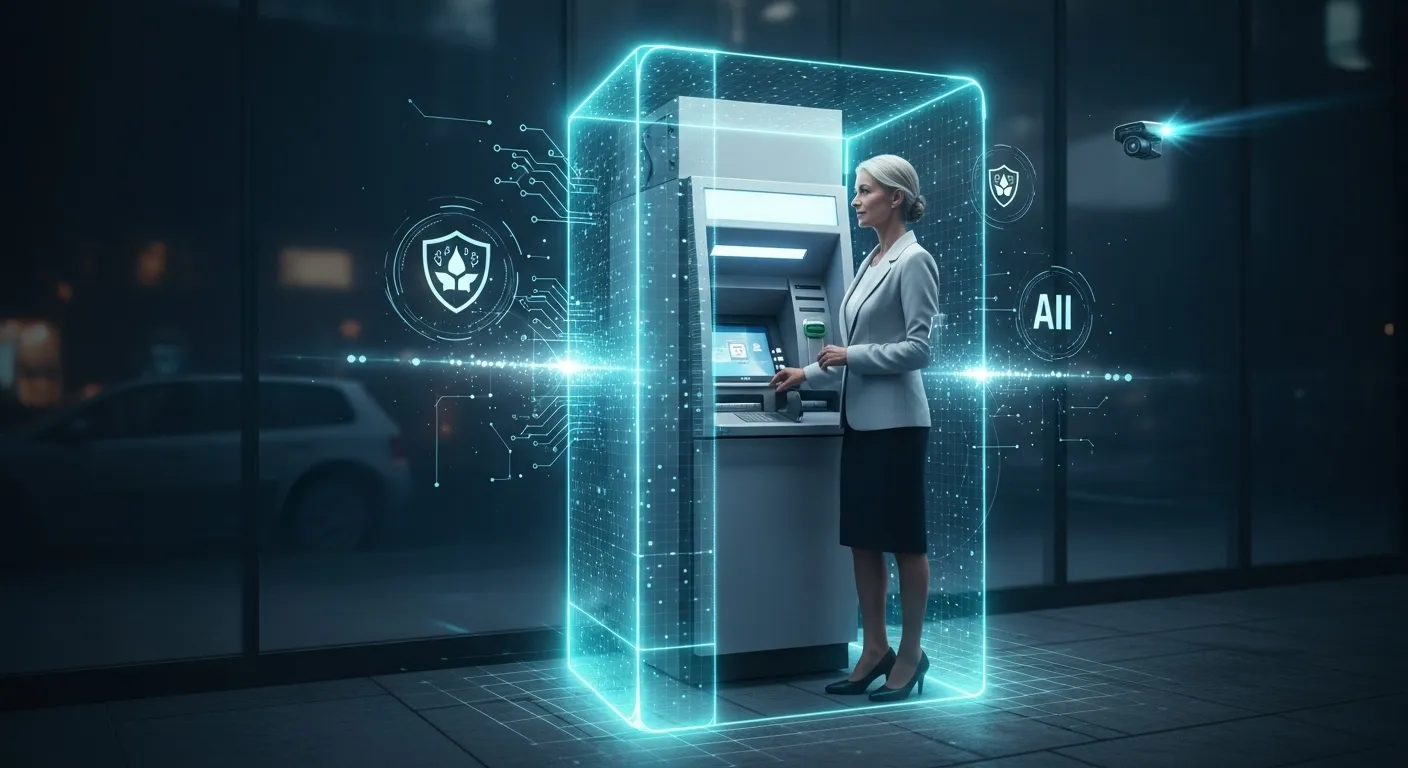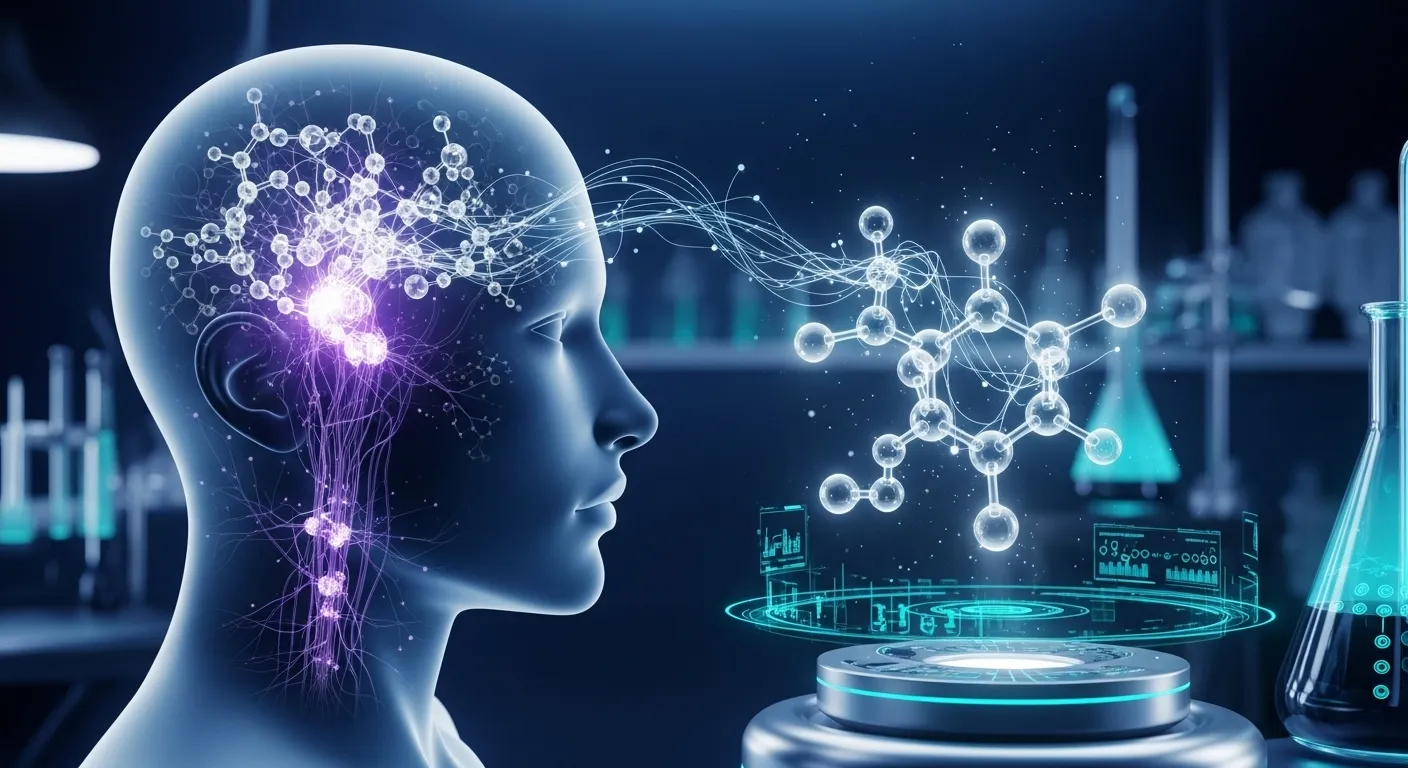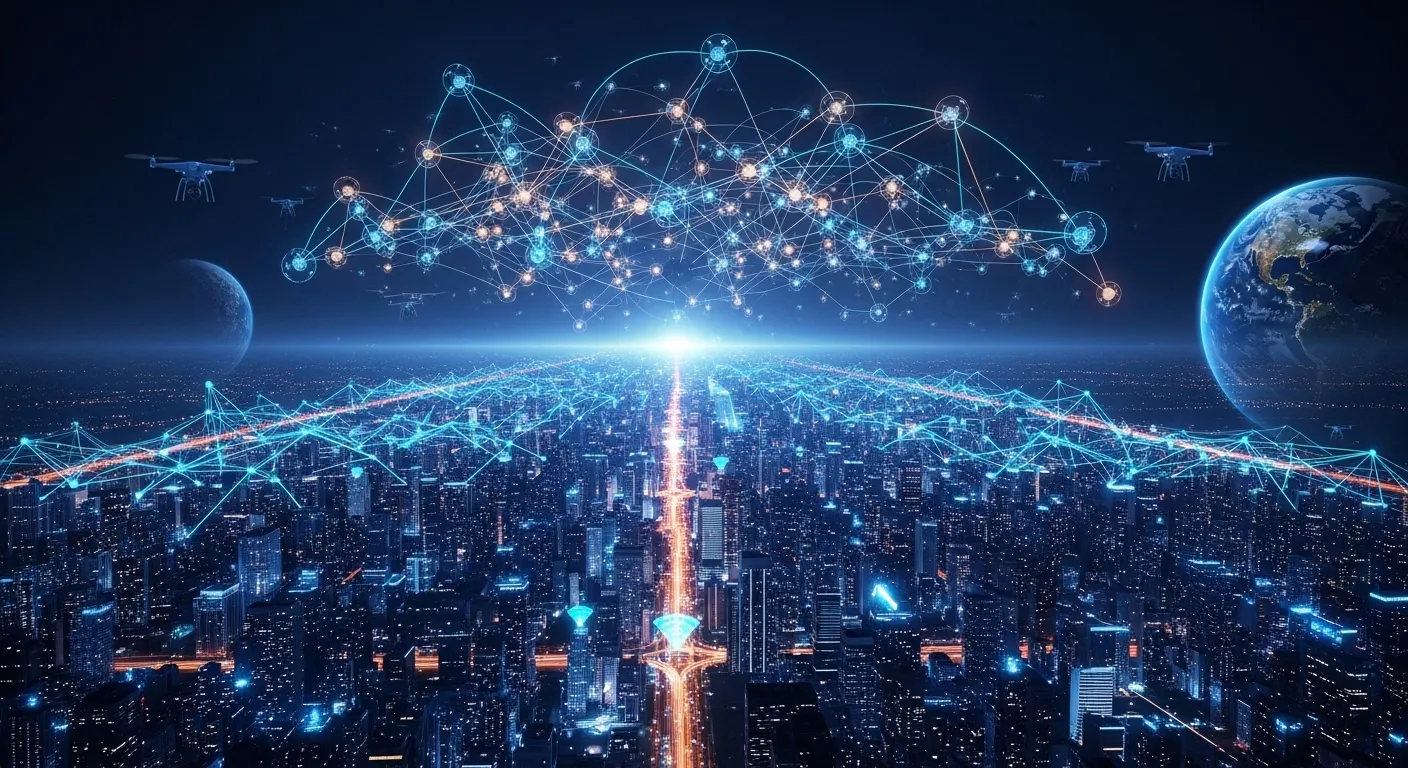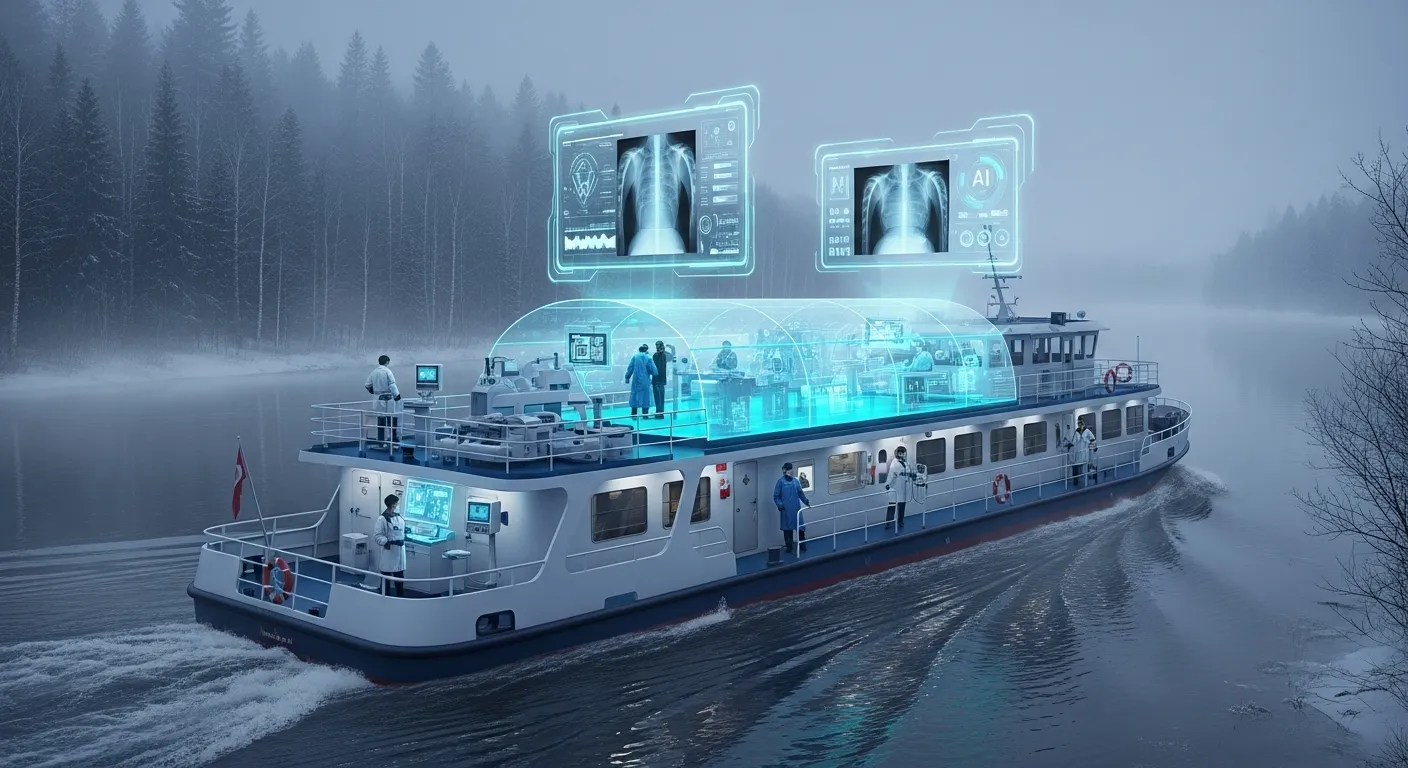Artificial Intelligence to Power Public Services in Moscow Region

The Moscow Region is embracing artificial intelligence to streamline public services, boost efficiency, and reduce paperwork errors.
AI to Process Standard Documents
Governor of the Moscow Region, Andrei Vorobyov, has announced a large-scale integration of AI into the regional public services portal. Currently, artificial intelligence assists in delivering 73 services—including social support, medical aid, and certificate issuance—by recognizing approximately 250 document types across ten sectors such as healthcare, transportation, utilities, energy, and land boundary approvals.
This upgrade significantly improves the user experience by speeding up application processing and reducing wait times. If a user submits the wrong document by mistake, the AI system immediately notifies them.

These transformations are part of the national project 'Data Economy' and reflect Russia’s ongoing digital transformation in public administration. For residents, this means not just saving time, but also avoiding the frustration of administrative errors. On a larger scale, these changes improve the efficiency of government services and enhance public trust and satisfaction.
High-Tech Public Services
By fall, the system will be trained to process urban development plans, bank statements, and engineering documentation. This marks a shift from handling simple, routine tasks to managing more complex and variable documents. The Moscow Region’s public services portal is becoming increasingly sophisticated, resulting in improved service quality.
The rapid development of generative AI models capable of handling complex documents also opens up commercial potential. These technologies could be exported to countries where GovTech infrastructure is still developing—primarily across the CIS, BRICS, and Eastern European nations.
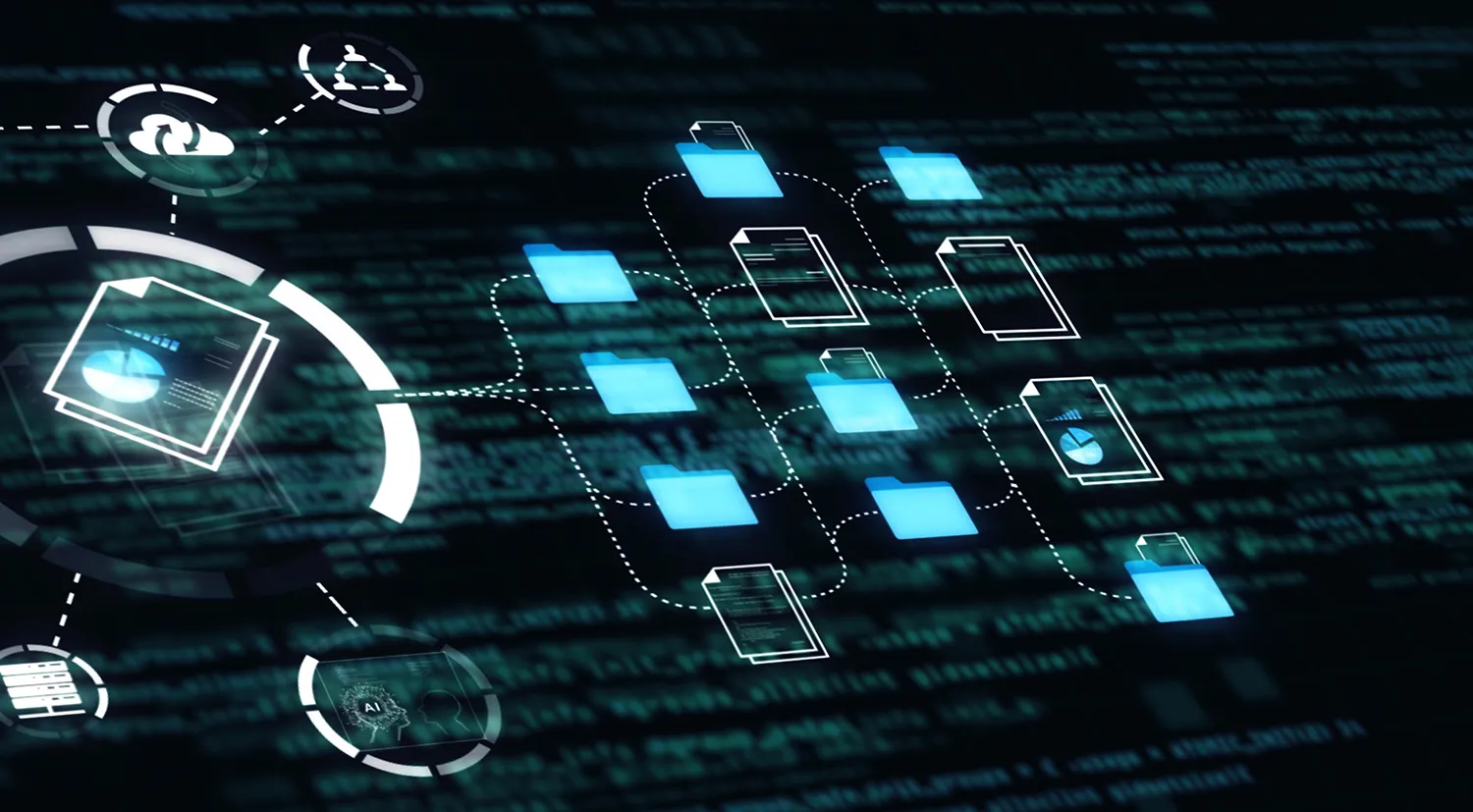
Moscow Region as a Launchpad for Nationwide AI Adoption
Russia began digitizing public services back in 2020–2021 with the introduction of biometric ID, online voting, and InfoMats in multifunctional centers. The COVID-19 pandemic accelerated this transition to digital formats, including online medical certificates, digital permits, and remote consultations.
In 2023, pilot projects in Moscow and Tatarstan introduced technologies such as QR code recognition, passport data scanning, and automated application review. Now, the Moscow Region is stepping up as a national leader by making AI deployment a widespread practice.
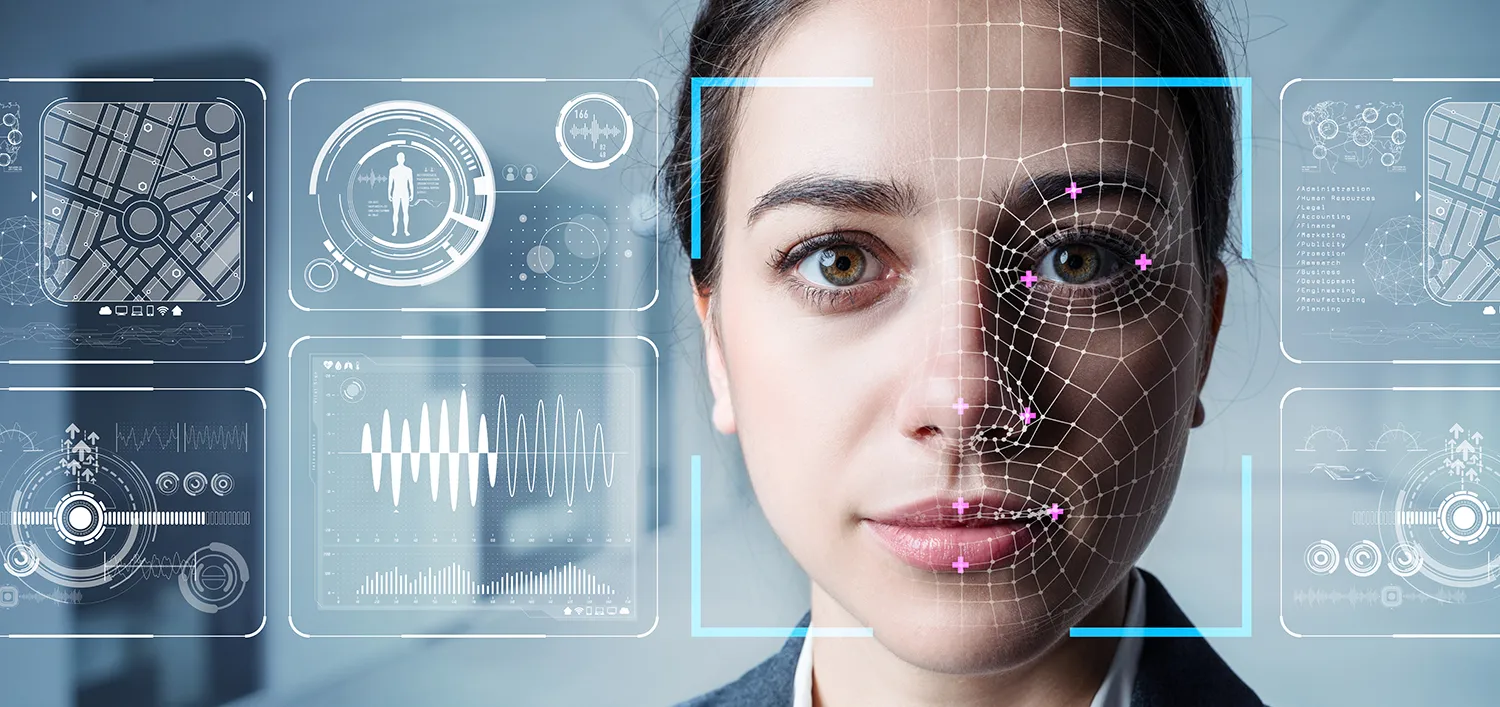
Forecast: A Unified AI Module for All Regions
The immediate impact includes faster service delivery, fewer errors, and improved staff competency. As AI moves toward handling non-standard documents, public services could eventually become almost fully self-service in specific areas.
Of course, advanced technologies bring new risks, particularly concerning data privacy, algorithm reliability, and potential critical document errors. Strict quality control will be essential.
If this initiative succeeds, it could lead to a unified AI module deployed across all Russian regions. Integration with the federal services portal and commercial GovTech platforms via APIs is also likely.


